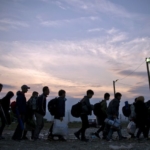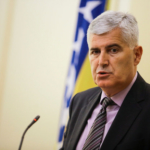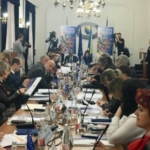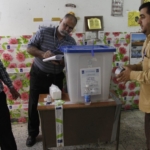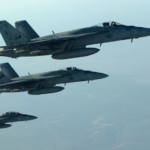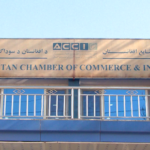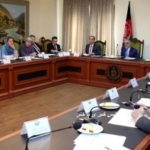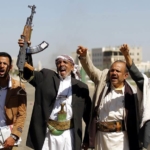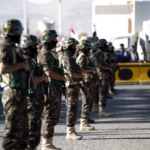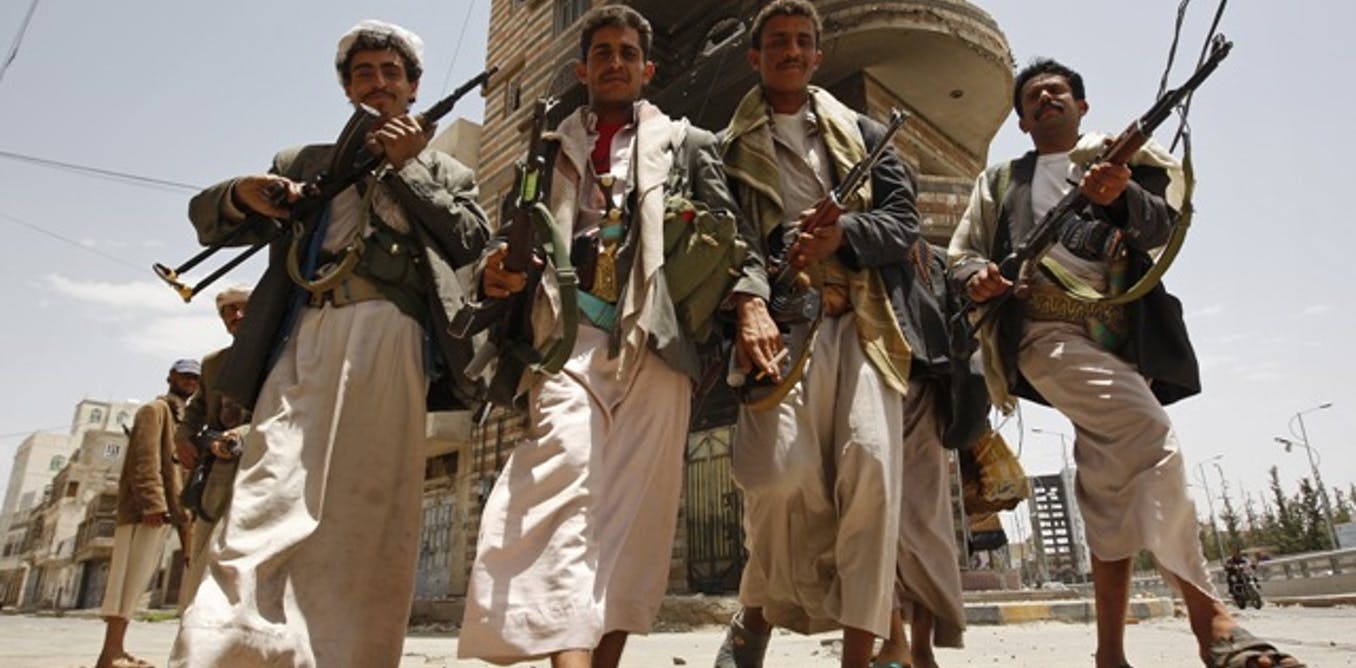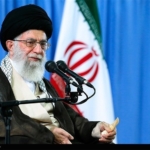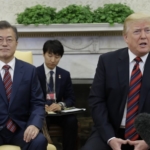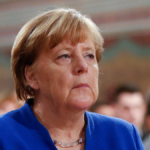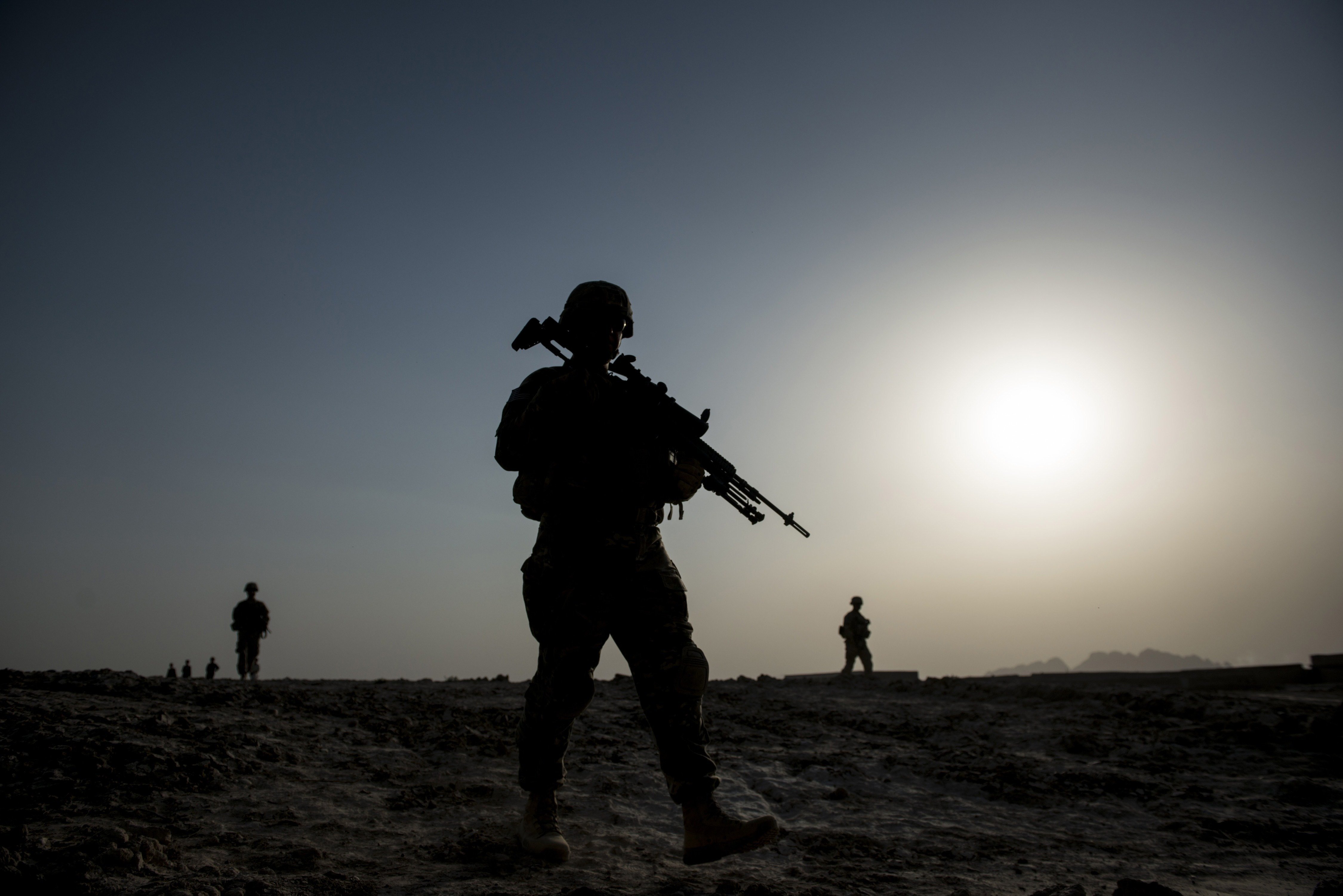Meeting in Istanbul: Sarajevo-Belgrade road proposal accepted

The main topic discussed in the meeting of the President of Turkey Recep Tayyip Erdogan with the member of the Presidency of BiH Bakir Izetbegovic and the President of Serbia Aleksandar Vucic were infrastructure projects in BiH and Serbia, more specifically the construction of the highway Sarajevo-Belgrade. This project will be fully financed by Turkey, whose companies will construct the highway hiring domestic workers, and it will charge the use of it for a period of time in a form of concession. The highway will be then handed over to BiH and Serbia, thus BiH will not be further indebted.

